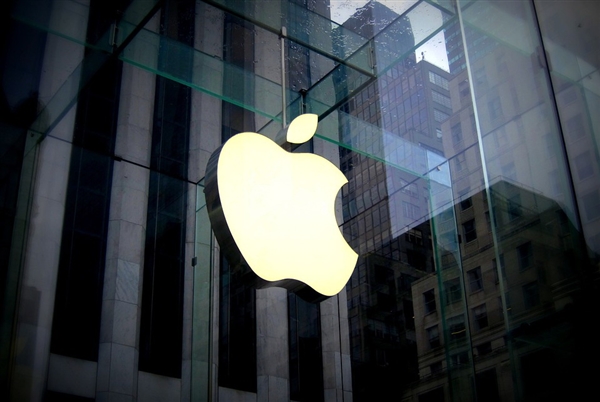May 20 2025 – In last night’s “Power On” newsletter, Bloomberg’s Mark Gurman disclosed that Apple is currently raking in approximately $20 billion annually from its App Store.
For developers, the platform offers a convenient ecosystem where they can avoid the hassles of setting up their own payment systems, managing accounts, and handling refunds. They also gain access to promotional tools and features like Family Sharing. However, this convenience comes at a cost in the form of commissions: smaller developers earning less than $1 million annually are charged a 15% fee, while larger developers face a 30% cut.
As developers grow more powerful and competition among platforms intensifies, many argue that Apple’s hefty commissions are no longer justified, especially given the iPhone’s dominance in the market.
Consequently, several companies have begun challenging Apple’s practices. The most prominent among them is Epic Games, the developer behind “Fortnite,” which secured a court ruling that could force Apple to alter its App Store model, potentially shaking the foundations of a market valued in the hundreds of billions.

An even greater challenge lies in the “domino effect” that could unfold. Global regulators, including those in the European Union, are closely monitoring the situation. If changes are mandated in the United States, other regions are likely to follow suit.
Gurman notes that Apple is expected to vigorously defend its revenue stream by continuing to appeal in U.S. courts. If other countries also demand alterations, Apple will have to address each case individually. Even for a tech giant with a market capitalization of $3 trillion, engaging in legal battles of this scale could prove unsustainable. The trajectory of this conflict seems clear: developers and regulators are poised to emerge victorious.
Gurman suggests an “anti-intuitive” solution for Apple: to stay ahead, the company should double down on its strengths—simplicity, security, and privacy protection. One of the most straightforward ways to achieve this would be to reduce its commission rates. After all, the current 15% to 30% range is significantly higher than the approximately 3% charged by payment processors like Stripe, PayPal, and Square. While Apple does offer additional services, many argue that these features do not justify the exorbitant fees.
Gurman emphasizes that, for now, the App Store continues to operate as usual. However, he predicts that within a year, the Apple ecosystem could undergo significant changes, and the company will need to redefine its role in the market.












